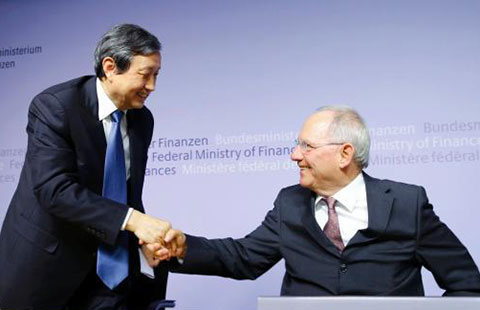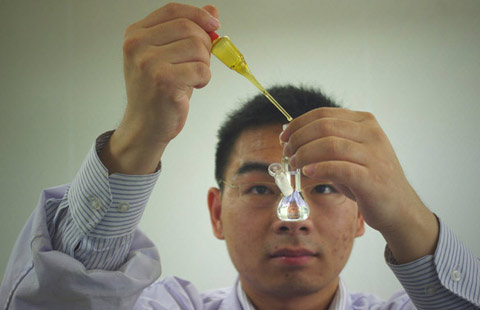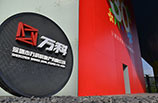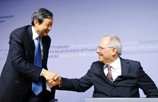Changes crucial to boost new energy car industry
By Du Xiaoying (China Daily) Updated: 2015-03-02 07:01Emerging force
With State-owned big names showing lackluster performance in big- and medium-size cities, smaller brands have potential to enter the market, especially in small cities, townships and villages.
Most smaller brands offer low-speed electric cars, which run at speeds of less than 80 kilometers per hour and are sold for between 25,000 yuan ($3,997) to 50,000 yuan. Many electric motorcycle producers can also manufacture the cars.
Public security departments in many places do not issue plates to low-speed electric cars, as they do not consider them "real" vehicles.
However this could change after the government recognized low-speed electric cars as "normal" electric vehicles, in a draft standard for the industry in November.
Unlike big cities, small cities, townships and villages have plenty of land to build charging posts, which is an important foundation for the niche market ignored by many big enterprises.
Jia Xinguang, a Beijing-based independent industry analyst, said the government should focus more on promoting the sale and use of new energy automobiles in medium- and small-sized cities. "The subsidies in the smaller places are much lower than Beijing and Shanghai. They need more battery-charging stations and better after-sales service facilities," he said.
Learn from Germany
The German government's policies for new energy cars could provide inspiration for the Chinese government.
The German authority believes the development of electric cars should be a systemic plan that includes not only vehicles but also intelligent transportation and smart grids.
With this in mind it plans to create a new energy car environment, which will involve vehicles, city planning and an energy and industry chain.
Instead of subsidizing electric cars buyers, the German government financially backs companies in fields such as automobile manufacturing, energy and electric power to develop related products.
- 42,800 new-energy cars exempt from purchase tax
- Sales of new-energy vehicles expected to surge this year
- China to announce new support for new energy cars
- Rocky road to come for new energy car market
- China plans to extend green vehicle subsidies until 2020
- New-energy vehicles in the spotlight at Shanghai show
- Israel requests to join Asian Infrastructure Investment Bank
- Chinese stocks rebound on April 1
- China, the West in Africa: more room for cooperation than competition
- Nanjing cuts taxi franchise fees
- Air China increases flights to Milan, Paris
- JD.com raises delivery charges
- Veteran corporate strategist upbeat about China economy
- L'Oreal China sales revenue up 7.7% in 2014

















